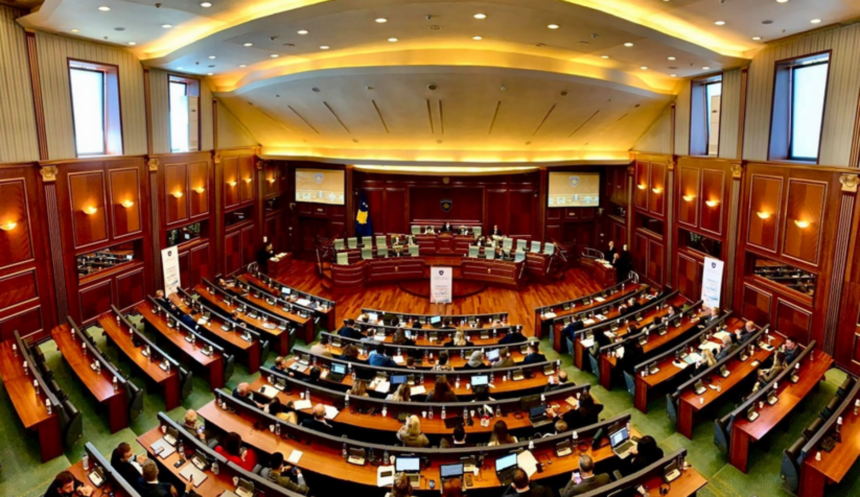A key constitutional debate has emerged over whether Kosovo’s Members of Parliament (MPs) are legally required to participate in votes during the Assembly’s constitutive session. The claim made by Avni Dehari, the acting chair of the constitutive session, that MPs are constitutionally obliged to vote has now been challenged and refuted by constitutional experts.
Background
Since the verification of their mandates, nine MPs from the Serbian List have refused to participate in the vote for electing the Assembly Speaker. Similarly, Adem Hoxha and Duda Balje, MPs from the multiethnic community, and members of former opposition parties have also abstained from voting, including in the formation of the commission for secret ballot procedures.
The Controversy
Dehari cited a 2014 Constitutional Court ruling, interpreting it to mean that all deputies must be present and vote—either openly or secretly, for, against, or by abstaining—and cannot opt out of participating entirely.
The Rebuttal
However, Enver Hasani, the former president of the Constitutional Court and lead author of the 2014 ruling, has publicly clarified that the court never intended to discipline MPs or strip them of the right to act according to their own will. He stated:
“We said that the voting forms are a way for deputies to express their free mandate. This means it was never the intention—then or now—for the Court to discipline deputies.”
This sentiment is echoed by Naim Jakaj, a parliamentary affairs monitor from the Kosovo Institute of Justice (IKD), who emphasized:
“The provision should be interpreted in an affirmative spirit, not as a mandatory obligation. No one can force a deputy to vote—voting is based entirely on their will.”
Presence vs. Participation
The Constitution and the Rules of Procedure of the Assembly distinguish between physical presence and actual participation in voting. While Article 40 of the Law on the Rights and Responsibilities of Deputies requires deputies to notify the Speaker when absent from sessions, Article 19 specifies that unjustified absences may result in withholding financial compensation.
Despite multiple absences since the session opened, the Assembly’s media office responded to inquiries with:
“Deputies do not respond to the administration.”
Dehari also confirmed that he has received no justifications from absent MPs thus far.
The emerging legal consensus among experts is that MPs have a free mandate, and while encouraged to be present, they cannot be constitutionally forced to vote. The role of the Constitutional Court is not to compel participation, but to uphold democratic principles—including the right of a deputy to choose not to engage in a vote.







